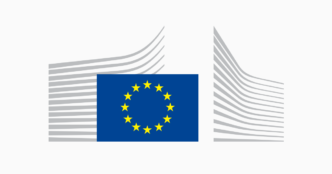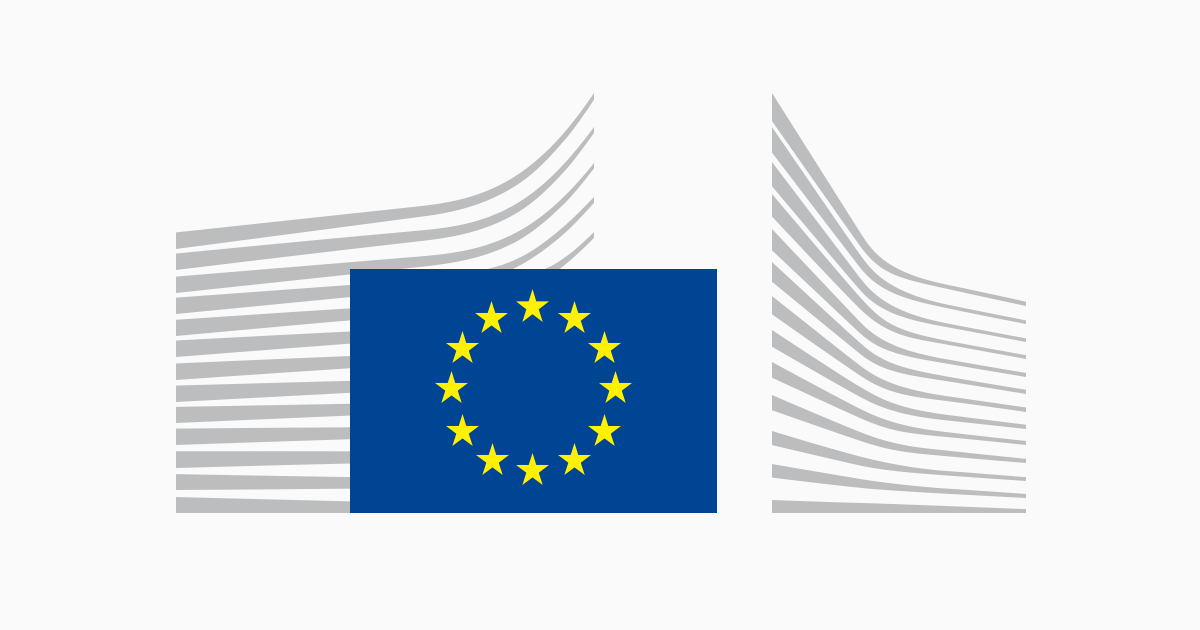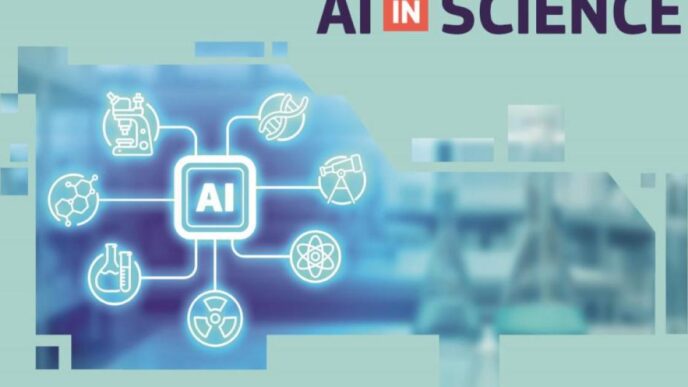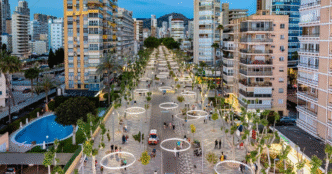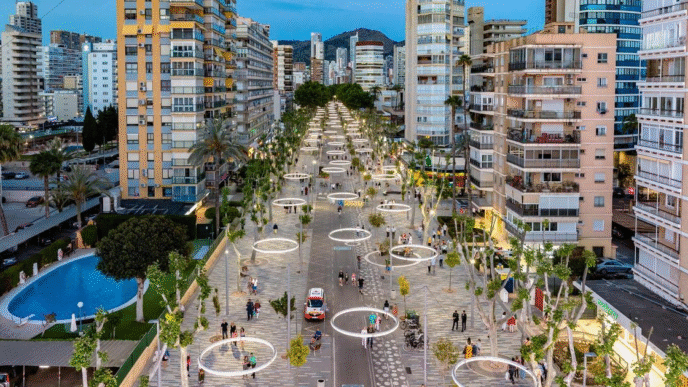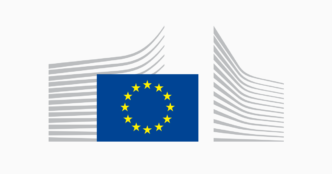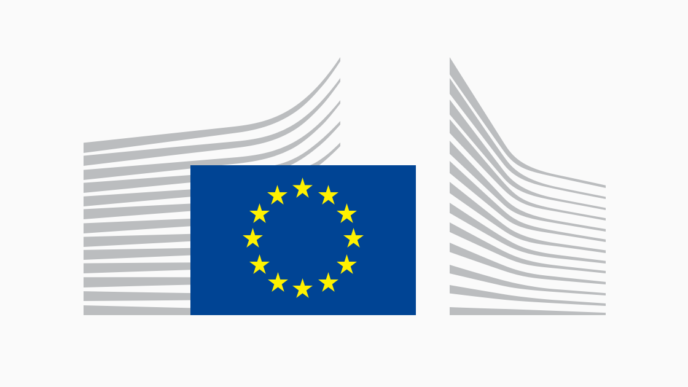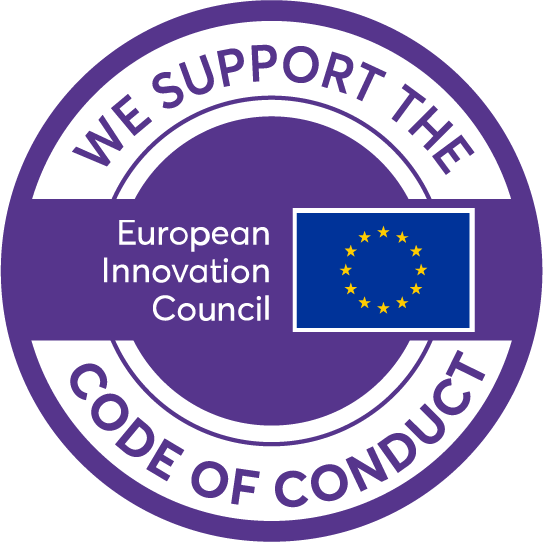Stockholm is expanding its electric hydrofoil ferry service, Nova, which significantly reduces travel time between Tappström (Ekerö centre) and Stockholm City Hall – offering a 30-minute ride compared to one hour by car or bus. The service, which had operated five days a week, will now run daily starting in May 2025.
The Candela P-12, which combines electric propulsion with hydrofoil technology, has been part of Stockholm’s public transport system since autumn 2024 and resumed its operations on 15 April 2025 after a winter break due to frozen waters. The route was established as a pilot project run by Candela, Trafikverket, and Region Stockholm (SL).
New statistics highlight Nova’s success in both passenger satisfaction and environmental performance. The vessel’s computer-controlled hydrofoil wings lift the hull above the water, minimising water friction and reducing energy consumption by 80% per passenger-kilometre compared to conventional diesel-powered ferries. Nova’s popularity is evident, with most departures fully booked and a 30% increase in ridership on another vessel, demonstrating a shift from car to waterborne transport.
This energy-efficient vessel also avoids the need for costly dock equipment, as it can charge using a regular car fast charger at City Hall. Its long range enables it to keep pace with the schedules of diesel ferries, with charging during lunch breaks.
The Candela P-12 is also noted for its speed and low wake signature, making it suitable for both urban environments and ecologically sensitive areas. The technology has proven effective and mature for public transport, with plans under way to scale up production to meet increasing demand.
The success of Nova highlights the untapped potential of waterways in many cities to provide fast, affordable and emission-free transport—offering a compelling alternative to traditional road-based networks.
Author: Carla Giaume
Views and opinions expressed are those of the author(s) and do not reflect those of the European Commission.
